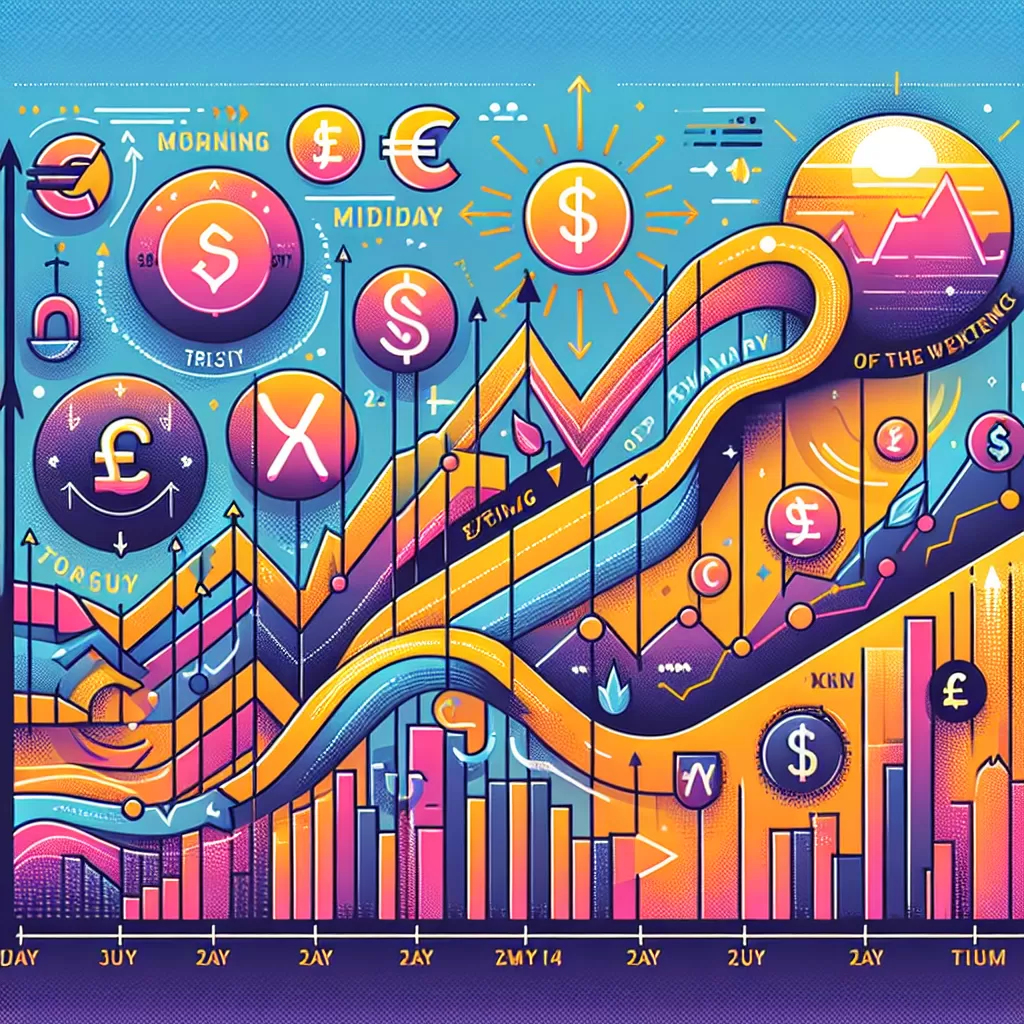When Is Best Time To Exchange Currency
Follow Currency Mart April 10, 2024
Where to purchase Foreign Currencies?

Introduction
As the Guardian of currency exchange, I tread delicately about the ever-changing dance of numbers. My purpose is to guide readers through the maze of exchanging currencies, pinpointing the best times to trade and strategize. Today, I'm imparting my wisdom on various scenarios and situations to find the best time to exchange your currency.Option 1: During Off-Peak or Slow-Business Hours
For physical currency exchange locations, the best time to exchange currency is often during off-peak hours, typically early in the morning or later in the evening. These times may offer better exchange rates as fewer people are conducting transactions, reducing market demand. Such periods of decreased activity tend to stabilize foreign exchange rates, offering potentially beneficial rates to traders.Option 2: During the Middle of the Week
In the world of currency exchange, weekdays are often more conducive to favorable rates than weekends. This is because global foreign exchange markets operate 24/5, from Monday to Friday. The most active trading hours are usually from Tuesday to Thursday, during which volatility tends to peak. This mid-week period may provide better exchange rate opportunities, especially for savvy traders who monitor market trends closely.Option 3: During Times of Economic Event or Data Releases
Economic event and data releases significantly impact currency exchange rates. When significant events such as policy changes or important figures like GDP, employment rate, or interest rate announcements are released, they cause currency values to fluctuate. By closely monitoring these developments and predicting their effects, traders can potentially leverage these disclosure times to secure advantageous exchange rates.Option 4: Following the Release of Central Bank Decisions
A central bank's decisions on monetary policy can either strengthen or weaken a country's currency. Therefore, it's important to pay attention to these announcements, as they can lead to significant shifts in a currency's value. If expectations align with the central bank's decision, the effect on the currency might be insignificant. However, any surprises can lead to substantial currency value fluctuations, presenting potential opportunities for favorable exchange rates.Option 5: Utilize Forex Market Opening Hours
One strategic approach for currency exchange involves capitalizing on the opening hours of the Forex market in different geographic regions. By understanding the overlapping opening hours of these markets — from the Asian markets (Tokyo and Hong Kong), to the European markets (London), and then to the North American markets (New York) — traders can capitalize on the heightened market activity and volatility, hence potentially securing a more cost-effective rate.Conclusion
As the Guardian of currency exchange, my insights underscore the importance of timing when exchanging currencies. However, bear in mind that while these options can guide you, currency exchange is inherently unpredictable due to the numerous factors influencing it. Therefore, staying updated with global economic news, understanding market trends, and being patient can be key factors in finding the best time to exchange your currency.
Where to purchase Foreign Currencies?